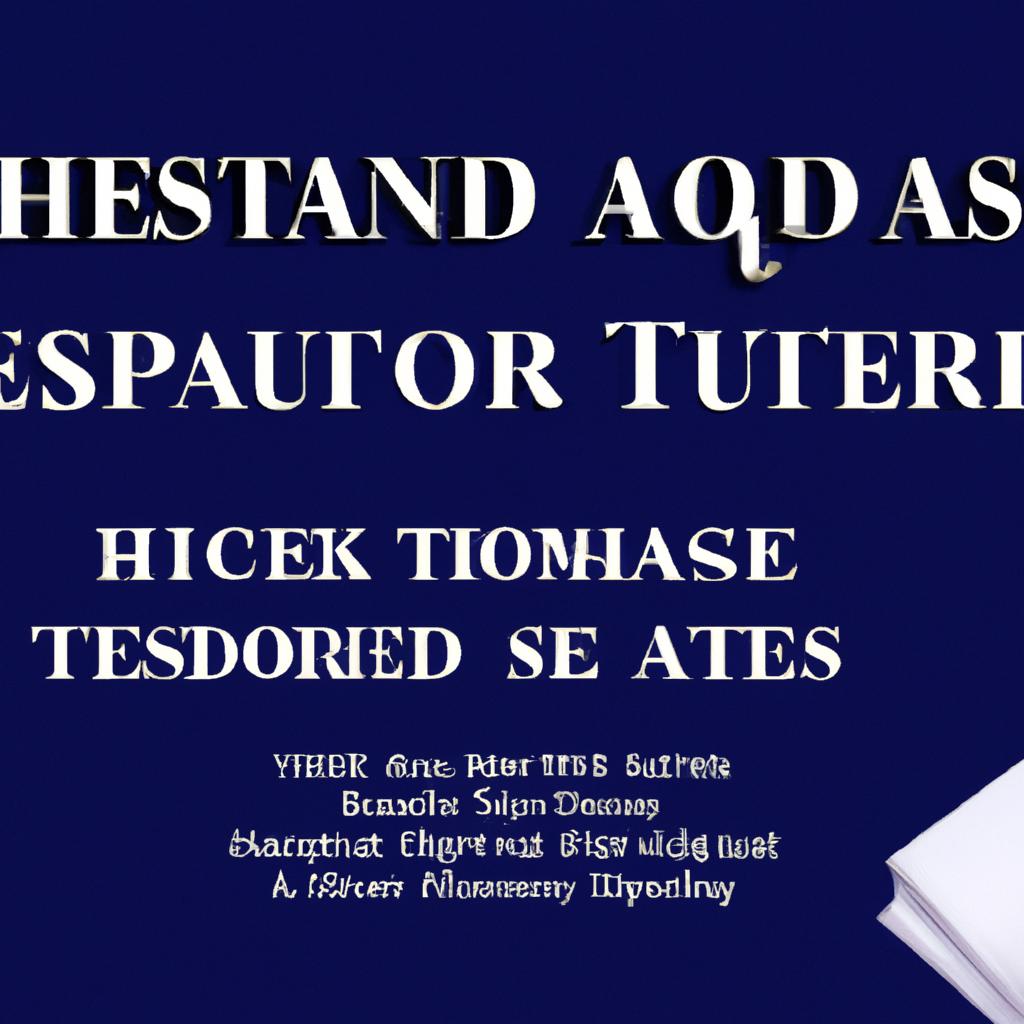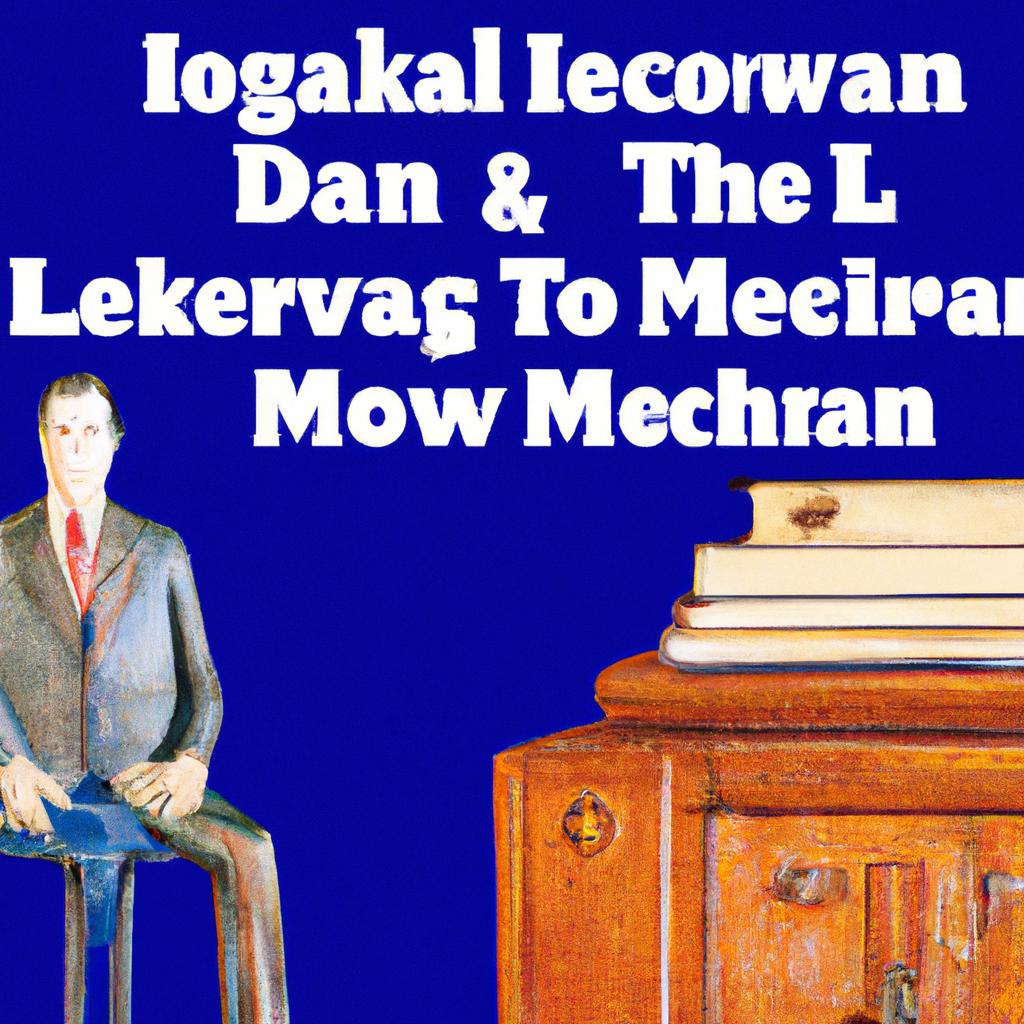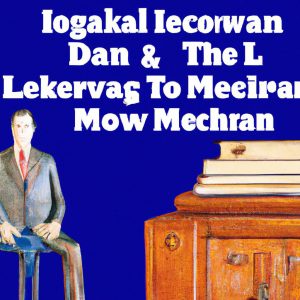Have you ever been curious about the hidden stories within estate documents? Diving into estate records can offer an intriguing peek into the lives of those who came before us. Whether you’re interested in solving historical puzzles or tracing your family lineage, understanding how to access and interpret these records is crucial. This article will walk you through the process of researching estate records, equipping you with the necessary tools to unearth the past. Join us on this exciting journey of discovery as we unravel the concealed narratives within estate documents.
Mastering the Fundamentals of Estate Records Research
When starting your research into estate records, it’s vital to grasp the basics to reveal valuable information about your family history. By exploring estate records, you can gain insights into the assets, debts, and beneficiaries of your ancestors. Here are some essential tips to guide you through this process:
- Begin by determining the kind of estate records you’re searching for, such as wills, probate records, or inventories.
- Use online databases and archives to find estate records, as many repositories now provide digital access to these documents.
- Visit local courthouses or archives in person to access physical estate records that may not be available online.
- Consider engaging a professional genealogist or researcher to help you locate and interpret estate records.
By following these tips and refining your research skills, you can unlock a treasure trove of information within estate records that can help you piece together your family’s history and lineage.
Appreciating the Significance of Estate Records in Genealogy
Estate records are a valuable resource for genealogists seeking to learn more about their ancestors’ lives and histories. Recognizing the importance of these records can provide valuable insights into family relationships, property ownership, and even personal belongings. By exploring estate records, researchers can uncover a wealth of information that can help piece together the puzzle of their family’s past.
One method to access estate records is by visiting local archives or historical societies. Many of these institutions have collections of probate records, wills, inventories, and other documents related to estates. Additionally, online databases and genealogy websites may offer digitized copies of estate records, making them accessible from the comfort of your own home.
When researching estate records, it’s important to remember that the process can vary depending on the location and time period you’re investigating. Some key tips for finding and interpreting estate records include:
- Start with what you know: Begin your search with any information you already have about your ancestors, such as names, dates, and locations.
- Use multiple sources: Don’t rely on just one source for estate records. Check archives, libraries, online databases, and other resources for a comprehensive search.
- Look beyond wills: Estate records can include a variety of documents, such as inventories, probate records, and guardianship papers. Be sure to explore all available sources.
Strategies for Effectively Searching for Estate Records Online
When searching for estate records online, it’s important to use effective strategies to save time and find the information you need. Here are some tips to help you navigate the process smoothly:
- Use specific keywords: When searching for estate records, be sure to use specific keywords related to the individual or family you are researching. This will help narrow down your search results and increase the likelihood of finding relevant information.
- Utilize advanced search options: Many online databases offer advanced search options that allow you to filter results by date, location, and other criteria. Take advantage of these features to quickly find the records you are looking for.
- Check multiple sources: Estate records may be available on various websites and platforms. Be sure to check multiple sources to ensure you are not missing any important documents or information.
By following these tips and utilizing online tools effectively, you can efficiently search for estate records and uncover valuable information about your ancestors or the individuals you are researching.
Guidelines for Effectively Using Local Archives for Estate Record Retrieval
When it comes to searching for estate records, local archives can be a valuable resource. Here are some guidelines for using them effectively:
- Start by researching which local archives hold estate records in the area you are interested in.
- Check the archive’s website for information on their collection, search tools, and any restrictions on access.
- Contact the archive staff to inquire about specific estate records you are looking for and to schedule a research visit if necessary.
Once you have access to the estate records at the local archives, it is important to be organized in your search:
- Create a list of the individuals or estates you are researching.
- Take detailed notes on any relevant information you find in the records, such as names, dates, and property listings.
- Consider scanning or photocopying important documents for your own records.
In Conclusion
In summary, diving into estate records can offer valuable insights into the lives and legacies of those who have passed on. By following the steps outlined in this guide, you can gain access to a wealth of information that may help you piece together your family history, make important decisions regarding inheritance, or simply satisfy your curiosity about the past. Whether you are an experienced genealogist or a novice in the world of estate research, the journey to uncovering these records is sure to be a fulfilling and rewarding experience. So, go ahead and start your search for estate records today – you never know what treasures you may discover!

Uncover Hidden Treasures: A Guide to Searching Estate Records
When it comes to genealogy research, estate records can be a goldmine of information that can help you uncover the hidden treasures of your family’s past. These records can provide valuable insights into the lives of your ancestors, including their assets, debts, and family relationships. In this guide, we will take a closer look at estate records, how to access them, and how to make the most of this valuable resource in your genealogy research.
What are Estate Records?
Estate records are documents that are created when someone passes away and their estate (or assets) needs to be settled. These records can include wills, probate records, inventories of assets, and other related documents. Estate records can provide a wealth of information about your ancestors, including their possessions, debts, family members, and relationships.
How to Access Estate Records
Accessing estate records can vary depending on the location and time period in which your ancestors lived. Some common places to find estate records include:
- Local courthouses
- State archives
- Online genealogy websites
If you are unsure where to start, you can begin by contacting the local courthouse in the area where your ancestors lived. They may be able to provide you with information on how to access estate records for that area. Many state archives also have collections of estate records that can be accessed either in person or online. Additionally, there are several online genealogy websites that offer access to digitized estate records for a fee.
Benefits of Searching Estate Records
There are many benefits to searching estate records in your genealogy research. Some of the key benefits include:
- Discovering new family members and relationships
- Understanding your ancestors’ wealth and possessions
- Learning about your family’s history and heritage
Practical Tips for Searching Estate Records
When searching estate records, it’s important to keep a few key tips in mind to make the most of your research:
- Start with what you know: Begin your search with the information you already have about your ancestors, such as their names, dates of birth and death, and locations.
- Take detailed notes: Keep detailed notes of the information you find in estate records, including names, dates, and relationships, to help keep track of your research.
- Check multiple sources: Don’t rely on just one source for estate records. Check multiple sources, including local courthouses, state archives, and online databases, to ensure you have a comprehensive view of your ancestors’ estate.
Case Study: Uncovering Hidden Treasures in Estate Records
One genealogist, Sarah, was searching for information about her great-grandmother, Mary, who had passed away in the early 1900s. Through her research, Sarah discovered Mary’s will and probate records, which revealed that Mary had left behind a valuable collection of jewelry that had been passed down through the generations. This discovery not only provided Sarah with new insights into her family’s history but also helped her connect with distant relatives who had inherited pieces of the jewelry.
By taking the time to search estate records, Sarah was able to uncover hidden treasures that she never would have found otherwise.
Firsthand Experience
Searching estate records can be a rewarding and enlightening experience for genealogists of all levels. By delving into these records, you can uncover hidden treasures that can help you piece together the puzzle of your family’s past. Whether you’re a beginner or an experienced researcher, estate records can provide valuable insights that can enrich your genealogy research and help you connect with your ancestors in a meaningful way.
So, roll up your sleeves, sharpen your pencils, and start uncovering the hidden treasures waiting for you in estate records. Happy hunting!











